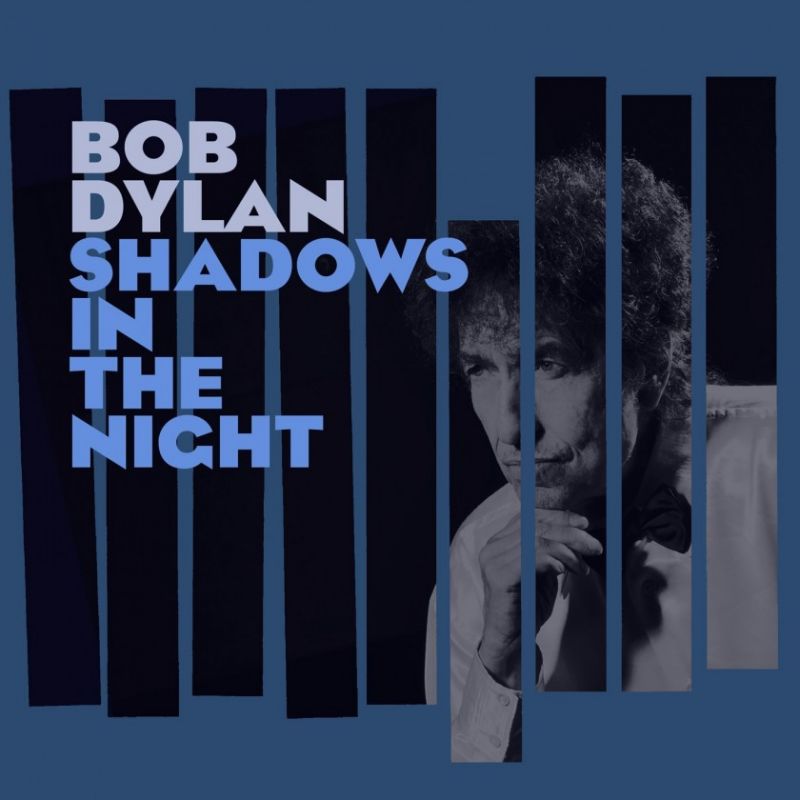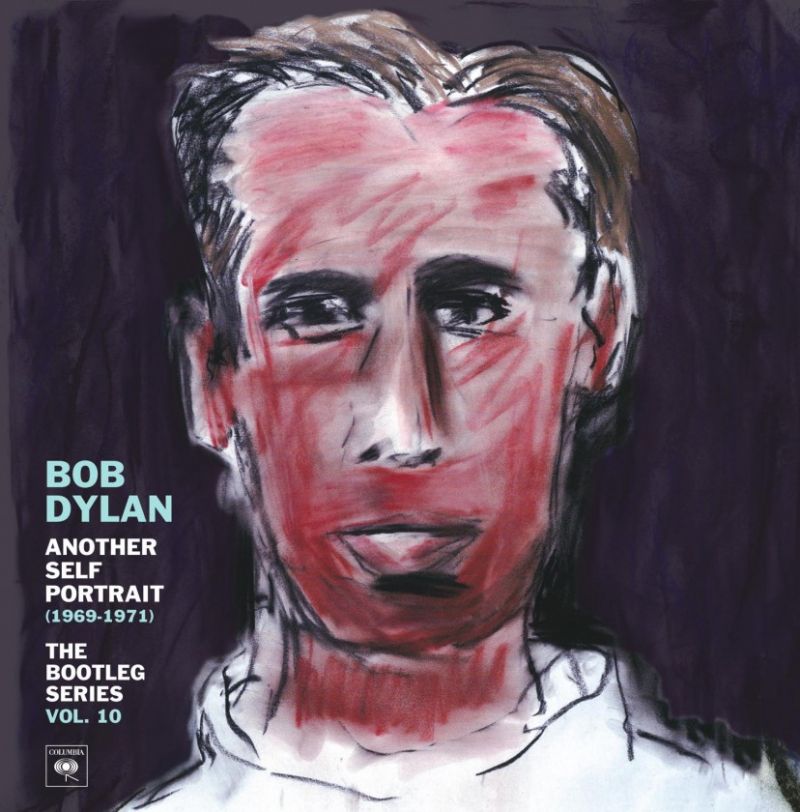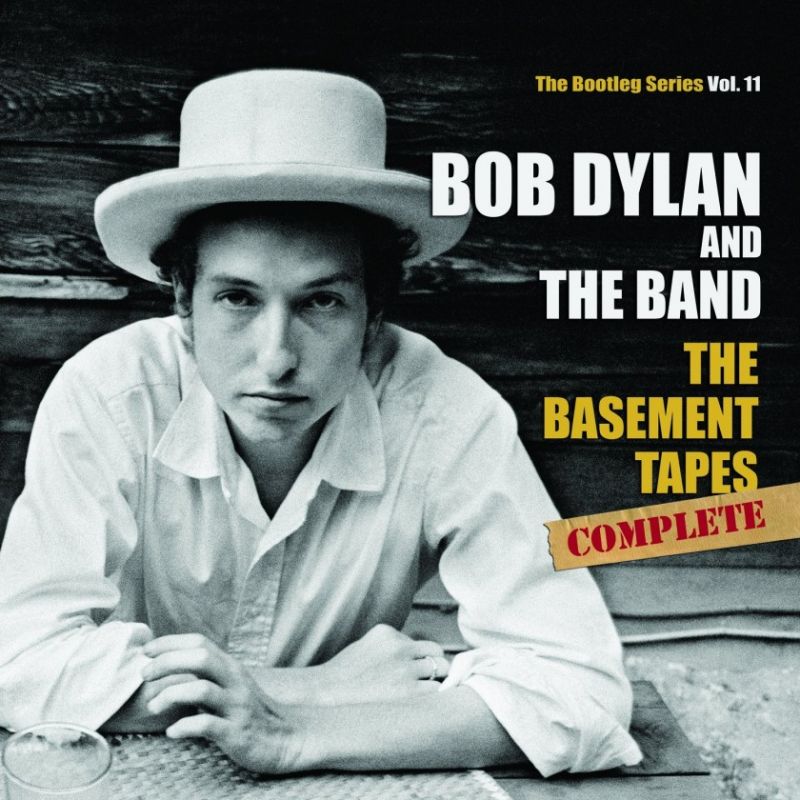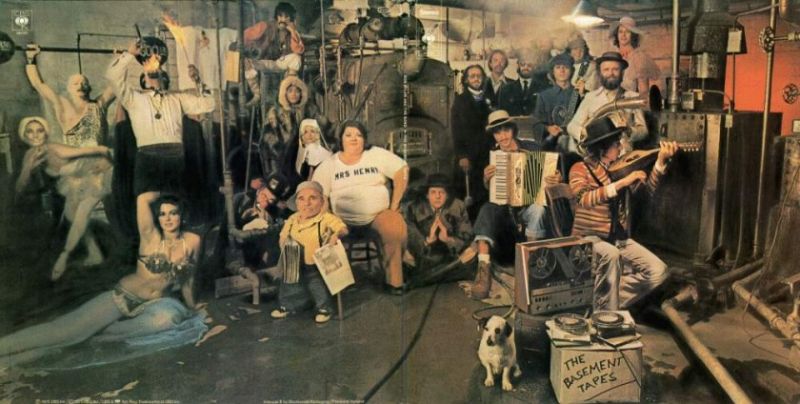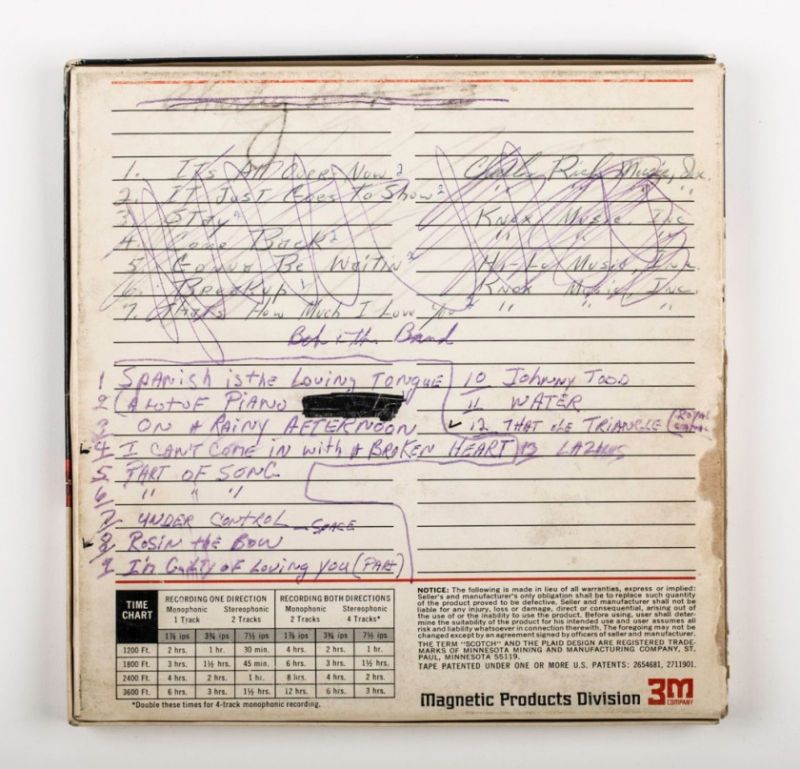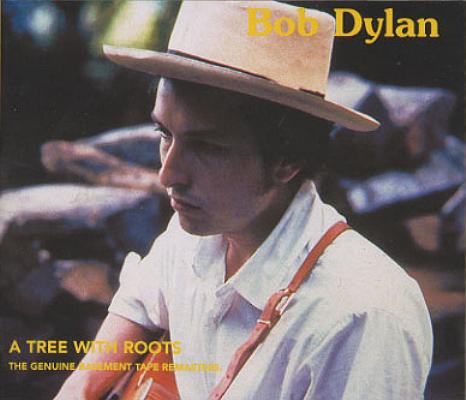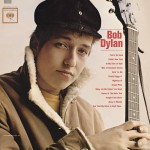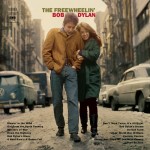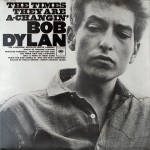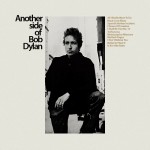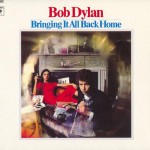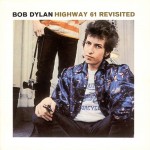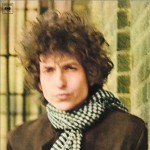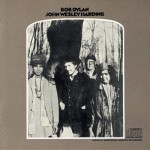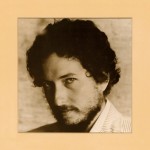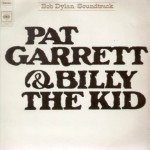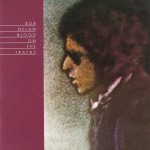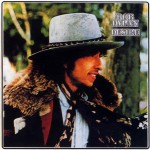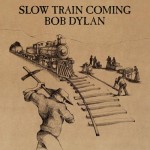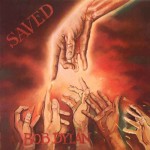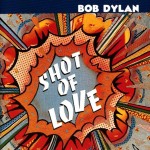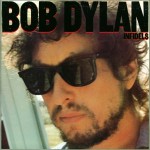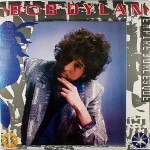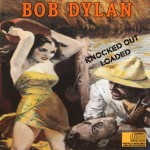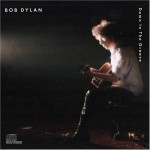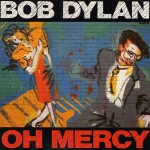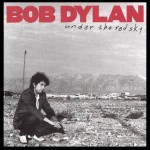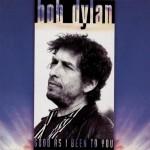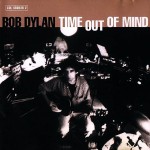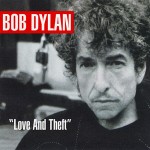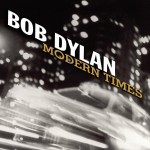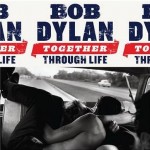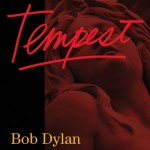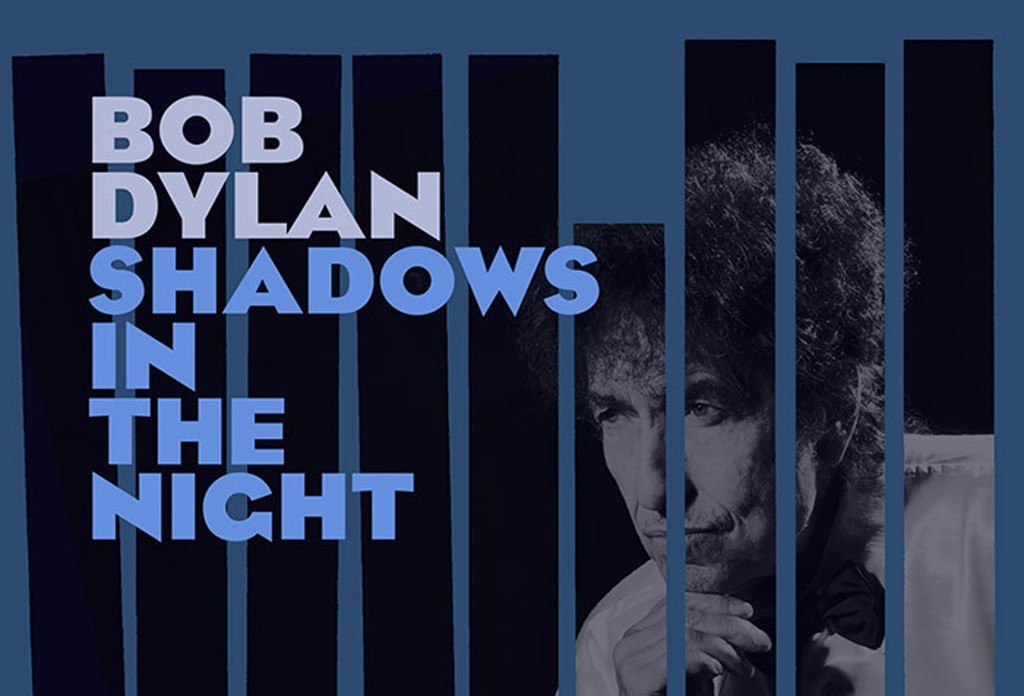
Bob Dylan Shadows In The Night
Q: Why did you make this record now?
A: Now is the right time. I’ve been thinking about it ever since I heard Willie [Nelson]’s Stardust record in the late 1970s. All through the years, I’ve heard these songs being recorded by other people and I’ve always wanted to do that. And I wondered if anybody else saw it the way I did.
~Bob Dylan (AARP interview – Feb 2015)I love these songs, and I’m not going to bring any disrespect to them. To trash those songs would be sacrilegious. And we’ve all heard those songs being trashed, and we’re used to it. In some kind of ways you want to right the wrong.
~Bob Dylan (AARP interview – Feb 2015)The great shock here, then, is Dylan’s singing. Dylan’s focus and his diction, after years of drowning in sandpaper, evoke his late-Sixties poise and clarity on John Wesley Harding and Nashville Skyline — also records of deceptive restraint and retrospect — with an eccentric rhythmic patience in the way he holds words and notes across the faint suggestions of tempo. It is not crooning. It is suspense: Dylan, at 73, keeping fate at arm’s length as he looks for new lessons, nuance and solace in well-told tales.
~David Fricke (rollingstone.com – Feb 2015)..But while Shadows In The Night is nostalgic, it is not sentimental. As a celebration of classic songcraft, it is as sincere as any of Dylan’s many forays into traditional American roots idioms. But how does Sinatra measure up to Dylan’s other early heroes? “Right from the beginning he was there with the truth of things in his voice,” Dylan wrote in the days after Sinatra’s death. “His music had a profound influence on me, whether I knew it or not. He was one of the very few singers who sang without a mask.” Shadows In The Night, then, is Dylan’s way of saying thank you.
~Michael Bonner (uncut.co.uk – Jan 2015)
Stay With Me (offical)

